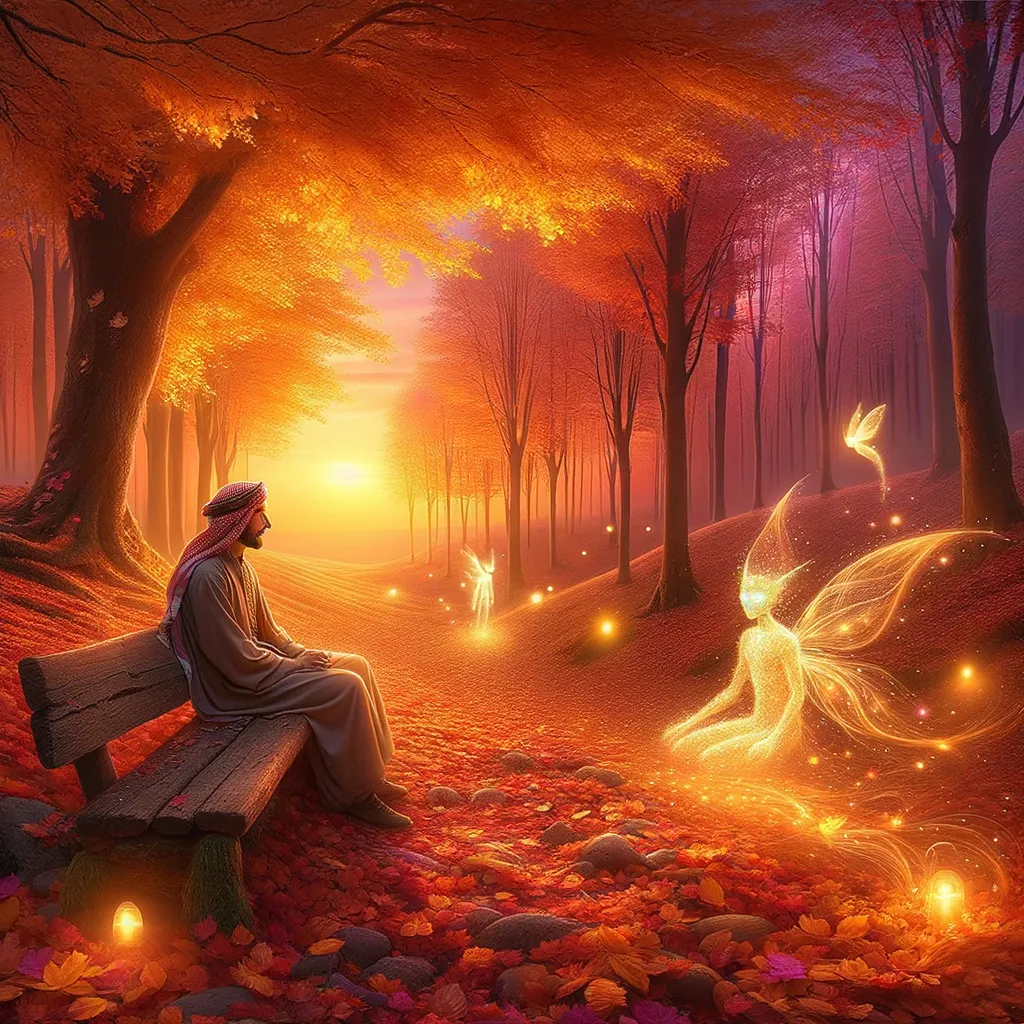Amidst Shadows: Discovering Hope’s Hidden Journey
In the aftermath of chaos, a solitary wanderer finds refuge in a forgotten bookstore, where the scent of old pages ignites a spark of hope through a profound sentence: “In the face of despair, hope is the most radical act.” As the world outside grapples with shared vulnerability, this revelation leads to a journey of discovery, revealing how hope can flourish amidst tragedy. Each encounter with kindness and community transforms despair into resilience, yet a new challenge arises—can hope be both a sanctuary and a trap? The metaphor of a garden emerges, illustrating the delicate balance required to nurture hope while confronting fears and doubts. Ultimately, the wanderer learns that hope is not a destination but a journey, inviting us to navigate life’s complexities with courage and an open heart.
In the memory of September 13, 2001, I wandered through a haze, the world outside muted and heavy, as if draped in a shroud of uncertainty. It was a day that flickered with a peculiar kind of stillness, where the air felt charged, as though the very atmosphere was holding its breath. The echoes of the previous day’s chaos still reverberated through the streets, and the faces of strangers were etched with a shared vulnerability. In that moment, I stumbled upon a small bookstore, tucked away like a forgotten treasure, its door creaking open to reveal a sanctuary of stories that seemed to pulse with life.
As I stepped inside, the scent of aged paper and ink enveloped me, wrapping around my senses like a warm embrace. The shelves, laden with forgotten tales, beckoned me closer, their spines whispering secrets of worlds yet to be explored. I felt an urge to lose myself among the narratives, to find comfort in the familiar rhythm of words that had the power to transport and transform. It was there, in that quiet refuge, that I encountered a single sentence, nestled within a worn book: “In the face of despair, hope is the most radical act.”
This sentence clung to me like a stubborn shadow, its weight both comforting and confounding. It danced in my mind as I left the bookstore, intertwining with the somber reality outside. Hope seemed a delicate thread, a fragile lifeline that stretched taut across the abyss of fear and uncertainty. I found myself contemplating its significance, the audacity it took to hold onto optimism in a world that felt irrevocably altered. Each step I took down the street became a meditation on resilience, as I witnessed the small acts of kindness blossoming amidst the ruins of despair.
Days turned into weeks, and the initial shock began to morph into a new understanding of community. People gathered in parks, sharing stories of loss, courage, and the profound need to connect. With each shared moment, the sentence echoed in my heart. I began to see hope manifest in unexpected places—a neighbor helping another rebuild, strangers uniting in solidarity, the laughter of children that punctured the heavy silence. Hope, I realized, was not merely a passive feeling but an active choice, a fierce rebellion against a landscape marred by tragedy.
Yet, just as I thought I understood this newfound clarity, a twist emerged. I stumbled upon an article that challenged my perspective. It argued that hope can sometimes be a double-edged sword, offering solace while simultaneously allowing us to overlook the harsh realities that demand our attention. This idea unsettled me, forcing me to reconsider my relationship with hope. Was it a sanctuary or a trap? Did it empower us to rise, or did it lull us into complacency? The lines blurred, and I felt the tension of conflicting truths pulling at my understanding.
As I wrestled with this complexity, I began to see the metaphor of a garden emerge around me. Hope was the seed that required nurturing, sunlight, and rain, yet it also demanded we confront the weeds of fear and doubt. The act of cultivating hope required diligence and vulnerability, a willingness to engage with both beauty and pain. I became aware of the delicate balance between optimism and realism, and how both were necessary to navigate the intricate tapestry of life.
In the following months, I began to document my experiences, weaving together stories of resilience, despair, and unexpected joy. I discovered that every narrative carried its own weight, its own lessons about the human condition. The world had shifted, yet within the chaos lay the seeds of something profound. I was learning to embrace uncertainty as a companion rather than an adversary, recognizing that the journey of discovery often flourished in the spaces between clarity and confusion.
As I shared my reflections with others, I found a community forming around this shared exploration of hope. We gathered to discuss our struggles, our triumphs, and the myriad ways we sought to cultivate resilience in our lives. The simple sentence that had first captivated me became a rallying cry—a reminder that even in the darkest moments, we had the power to choose hope, to nurture it, and to share it with others.
But as I looked around at the faces of those gathered, I couldn’t help but ponder the deeper implications of our conversations. Was hope enough? In a world still reeling from shock, could it truly be the radical act we needed to forge a new path? The question lingered, a specter that refused to dissipate, urging us to examine our convictions and the fragility of the hope we cherished.
In the end, as I reflected on those moments of connection and discovery, I realized that hope is not a destination but a journey—a winding path laden with both light and shadow. It beckons us to navigate the complexities of life with courage and vulnerability, reminding us that perhaps the most profound question we can ask ourselves is not just about the presence of hope, but how we choose to cultivate it amid the uncertainties that surround us.
In the delicate balance of despair and resilience, hope emerges not as a mere sentiment but as a courageous act of rebellion against the shadows of uncertainty.



